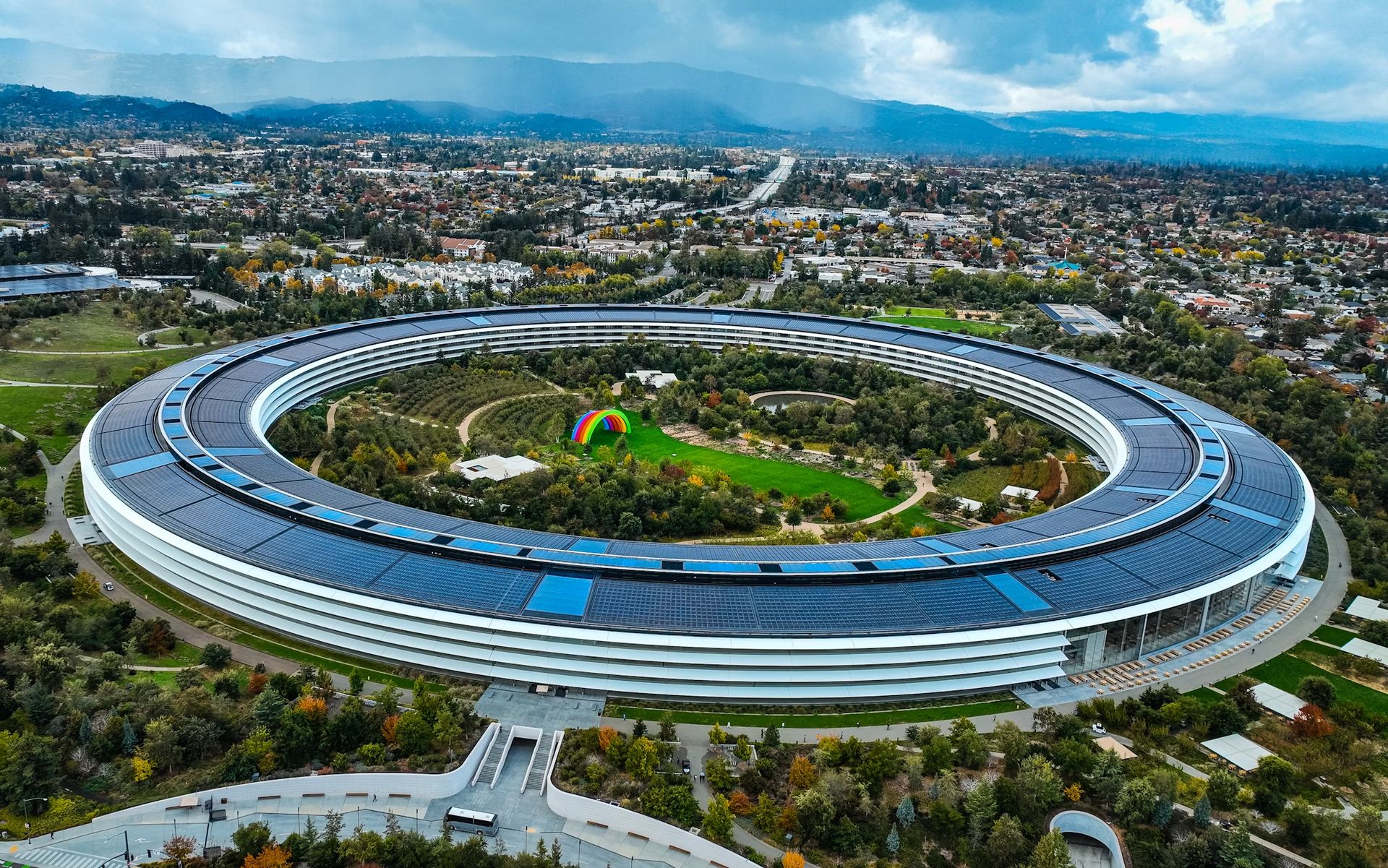Apple is making its first foray into the smart home camera market, with plans to release a security camera in 2026. This upcoming launch aims to reshape home security by offering seamless integration with Apple’s ecosystem, bringing privacy and advanced connectivity into focus.
Apple’s smart home camera could profoundly impact the current $7 billion home security camera industry, as Kuo notes, by delivering a device that works flawlessly with Apple devices like the iPhone, Apple Watch, and Apple TV. This would enable users to view feeds and manage security features directly within Apple’s interface, bringing a level of convenience and security unique to Apple’s ecosystem. Such deep integration may set Apple’s camera apart from competitors, enhancing user experience and potentially reshaping industry standards.
What Apple’s smart home camera brings to the table
With Apple entering the security camera market, the focus is on integrating HomeKit Secure Video, which already provides end-to-end encryption for third-party cameras. Apple’s own camera could leverage this technology to ensure secure video storage, giving customers peace of mind over their home data’s safety. Privacy has been a core value for Apple, and this camera could set new standards in an industry troubled by security issues, pushing competitors to enhance their own offerings.
Ming-Chi Kuo, a respected Apple supply chain analyst, remarked, “Apple is making its first foray into the smart home IP camera market, with mass production scheduled for 2026, targeting annual shipments in the tens of millions.” He further mentioned that Chinese company GoerTek would handle the assembly, adding to the credibility of the 2026 timeline.

Apple’s unique ecosystem for smart home security
Apple’s advantage lies in its ability to integrate devices seamlessly, creating a cohesive experience that other brands struggle to match. Apple’s camera will likely work wirelessly with other Apple products, meaning that users could access camera feeds on multiple devices with no extra setup. Kuo highlighted, “This strategic move demonstrates Apple’s continued exploration of growth opportunities in the home market,” which points to a future where Apple’s ecosystem becomes even more deeply rooted in people’s homes.
While other cameras on the market provide basic viewing options, Apple’s approach would allow users to control their smart home camera via Siri and potentially other AI-driven features. Apple’s use of advanced artificial intelligence, in combination with Siri’s capabilities, may give users enhanced control and insights into their home environment, a feature that could become central to Apple’s smart home strategy.
Apple might equip its AI cloud computers with M4 chip in 2025
Privacy and security as core selling points
The home security camera market is often marred by privacy issues, with many brands failing to protect customer data. Apple, however, has consistently prioritized security and privacy, and its new camera is expected to reflect this commitment. Apple’s HomeKit Secure Video already ensures end-to-end encryption, so a proprietary camera would likely extend this level of security, setting a high bar for privacy protection.
Kuo further speculated that Apple’s new camera could create ripple effects in the industry, forcing rivals to reevaluate their privacy measures. The integration of Apple’s camera within HomeKit would mean that users have a fully protected, cloud-based video solution, ensuring that sensitive footage is safe from breaches. For consumers who prioritize privacy, this could make Apple’s camera an ideal choice.

The future of Apple’s smart home expansion
Apple is not stopping with cameras. Reports suggest that the company is also developing a smart display to serve as a hub for smart home management, potentially rivaling Amazon’s Echo Show and Google’s Nest Hub. If Apple’s smart camera and smart display work cohesively, it could give users an all-encompassing solution for monitoring and controlling their home environments from one centralized device.
Featured image credit: Kerem Gülen/Ideogram
Disclaimer: The featured image is AI-generated and not an Apple product.





